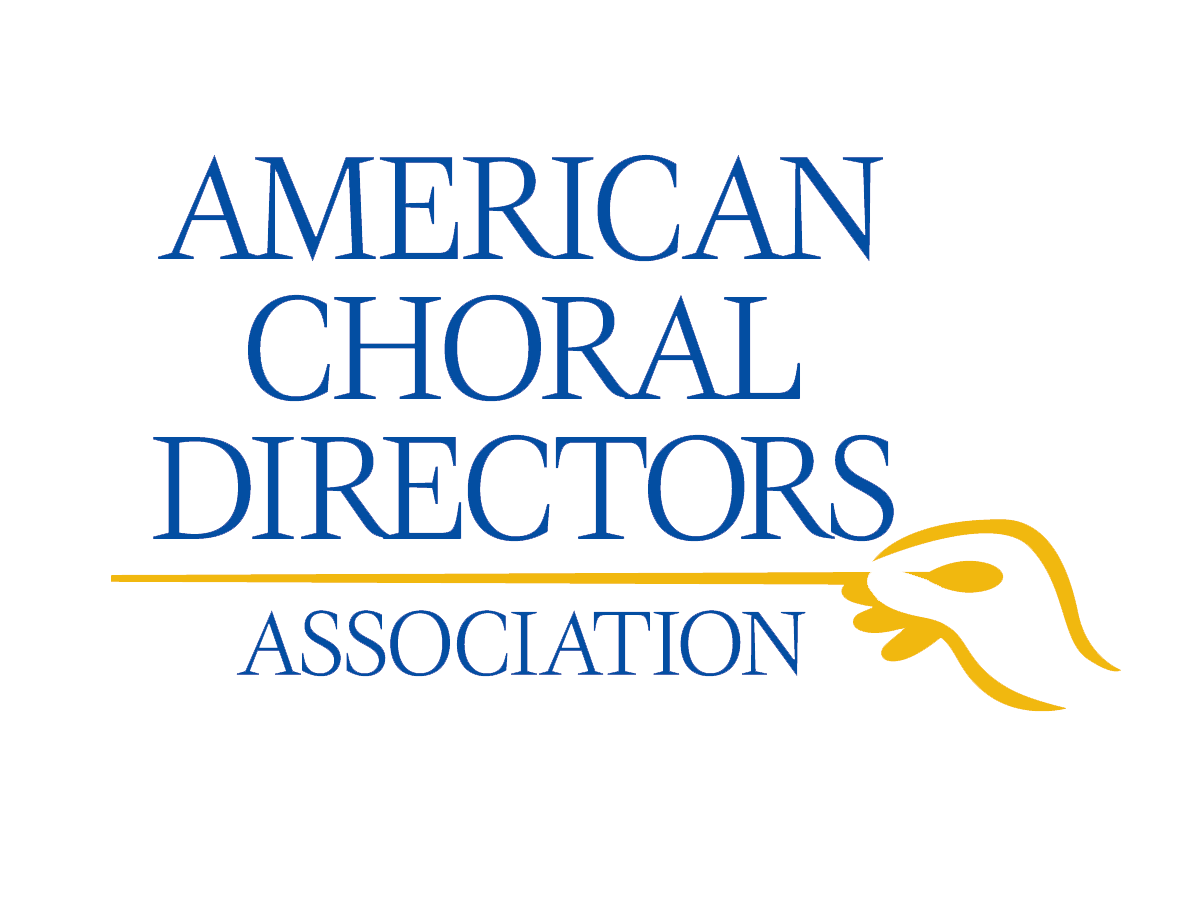The session will focus on vocal percussion and its place in contemporary vocal music. The importance of rhythm, steady beat, tempo, and form will be discussed. A demonstration will include basic percussion sounds using a variety of consonants, learning a variety of styles (swing, jazz, rock, pop), microphone technique for vocal percussion, and the use […]
Sample Page
Vocal Jazz Rehearsal Techniques: How Do They Differ from Traditional Concepts?
This fun and informative session is for musicians of all levels and experience and highlights the essential elements of the vocal jazz idiom and how best to prepare for successful and efficient rehearsals and performances. Specific topics will include swing, Latin, ballad, score study, improvisation, basic theory, and special effects. The session will also include […]
Untangling the Conceptual Knot of Vocal Registration in Children and Youth Choirs
This session will provide conductors a research-based and practical discussion of vocal registers through the perspective of youth singing. The first half of the session will use video, illustration, musical examples, and vocal exercises to clarify the anatomical events of vocal registration. The second half will address the social contexts and meanings of register singing […]
Three Methods of Teaching Plus ONE
Each one of us has a favorite method of teaching, but an outstanding teacher employs all three of the most commonly used methods. This session will present suggestions for student involvement, and presentation of an additional method will be discussed in detail.
Thirty-Something: New Choral Music by Today’s Hottest Young Composers
New choral music has never been more exciting with many young and fresh composers developing a distinctive voice for themselves in a classical music world overflowing with influences from popular and world-music genres. Dominick DiOrio will lead you through some of the best new scores by many of today’s leading composers, including Caroline Shaw, Ted […]
Tapping the Source: American Folk-Song Collections
Many wonderful American folksong arrangements are programmed throughout the United States, giving singers exposure to this rich musical tradition while helping to preserve this important heritage. Conductors can also explore the depth, breadth, and character of this music through printed folk-song collections that provide a wealth of material to educate, engage, and edify our singers. […]


